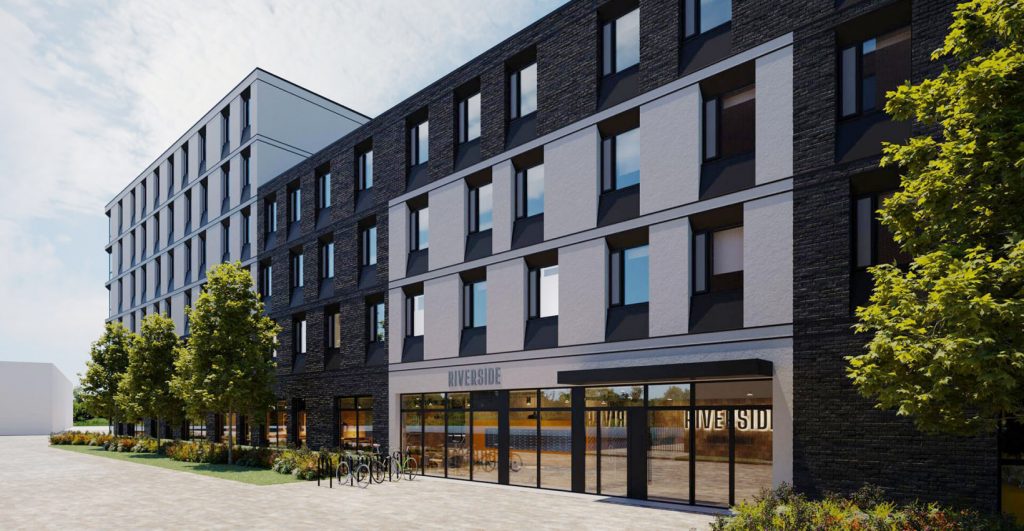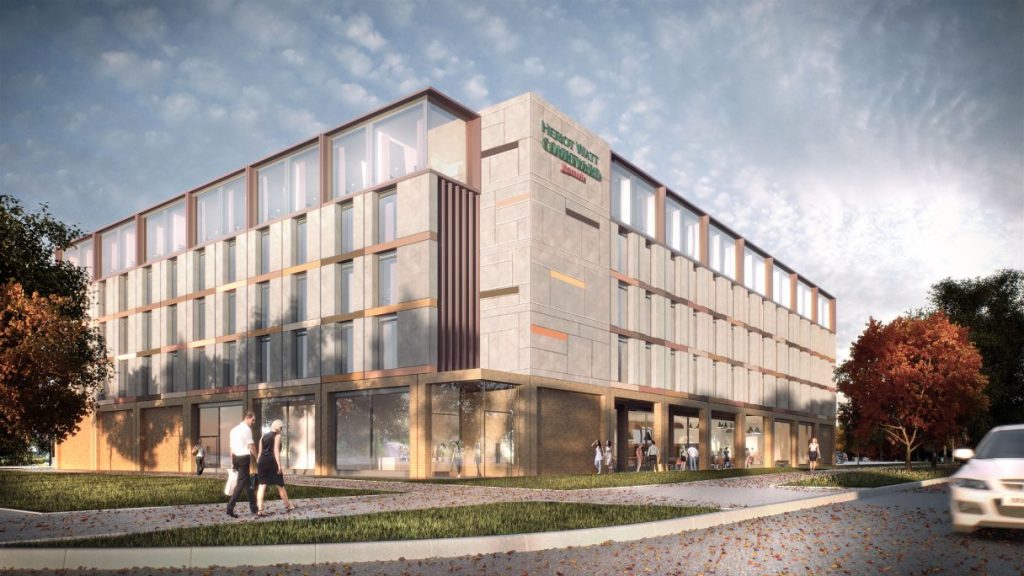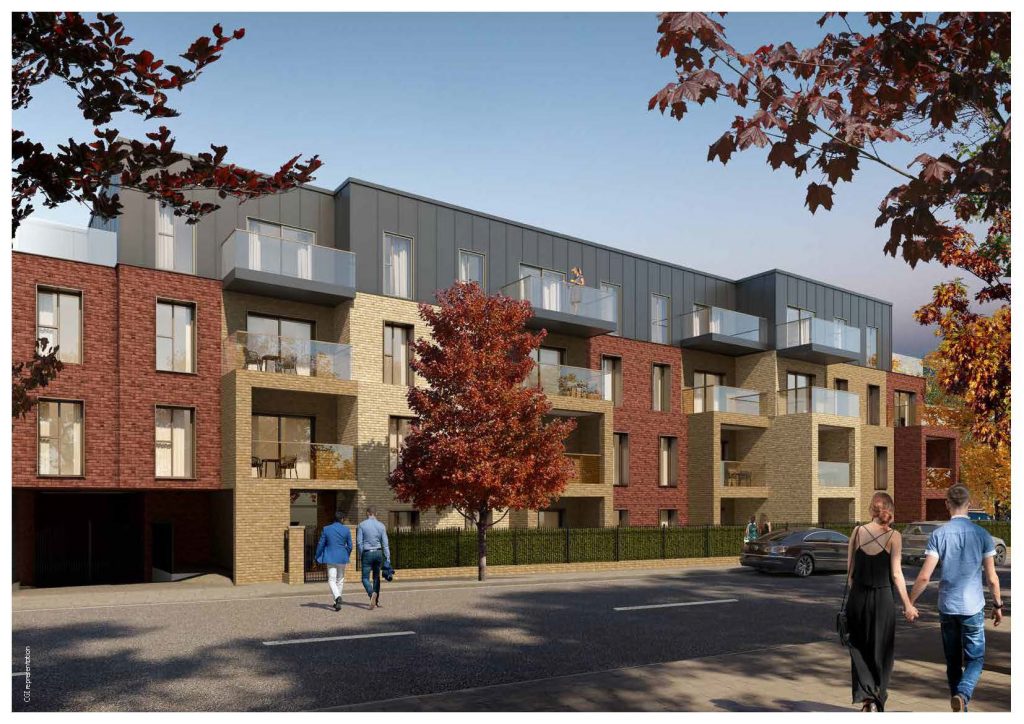
What are the Barriers to Adopting MMC and How is the Industry Overcoming Them?
In the evolving landscape of the construction industry, Modern Methods of Construction (MMC) stands out as a beacon of innovation and efficiency.
However, adopting these avant-garde techniques isn’t without its challenges.
Like every new revolution in any industry, there are hurdles that step in the way of more widespread adoption of these techniques.
Here at Studio Anyo, we have seen many of these first-hand in our role as an MMC advisor, but despite some of the complications along the way, we firmly believe MMC is the future of construction.
In this blog, we’re going to take a deeper look into some of the barriers we have seen and discuss how the MMC world is overcoming them.
Let’s take a look.
Understanding MMC
Let’s start by taking a quick look at what modern methods of construction actually entails.
At its core, MMC represents a suite of construction processes that emphasise offsite manufacturing and on-site assembly.
This approach diverges significantly from traditional construction methods, offering benefits like reduced construction time, improved quality, and enhanced environmental sustainability.
The potential of MMC to revolutionise the construction sector is immense, yet its journey towards becoming a mainstream method is fraught with challenges.

Barriers to MMC Adoption
There are some hurdles that require jumping over for MMC to become more widely used. These are all issues that the industry as a whole is quickly creating solutions to resolve, and I will run through these later in the blog.
High Initial Costs
One of the most significant barriers to MMC adoption is the perceived higher initial costs.
The investment in new technology, machinery, and training can be substantial, creating a financial barrier for many firms, especially smaller ones.
This can put a stop to these methods being used in smaller projects where perhaps the finances available aren’t so big.
Regulatory Challenges
The construction industry is heavily regulated, and current regulations often don’t align with the innovative nature of MMC.
This mismatch creates a complex environment for companies attempting to adopt these new methods.
While modular construction does adhere to the regulations in place, there are some instances in which little changes could make a big difference to the efficiency that could be achieved.
Lack of Knowledge and Skills
The shift to MMC requires a workforce skilled in these new methods.
As with anything new, this does take time for people to adapt and integrate these new ways into their working systems.
Currently, there’s a gap in the industry’s collective knowledge and skills, making it challenging to implement MMC at scale, and this is slowing down the widespread use of these new methods.
Resistance to Change
The construction industry, known for its reliance on traditional methods, often exhibits a certain level of resistance to change.
This cultural barrier can slow the adoption of new technologies like MMC.
It is much easier to stick to methods that are tried and trusted than to break new ground and try something revolutionary. Until the belief and trust in MMC become bigger, this will always be a tricky step to get over.
Supply Chain Issues
MMC requires a robust and reliable supply chain, which can be a challenge.
The dependency on off-site manufacturing means any disruption in the supply chain can have significant consequences.
This can slow things down in the production stage and halt work completely as people wait for the modules to arrive on site.

Overcoming the MMC Barriers
If you’ve read the beginning of this blog, you may think it is all doom and gloom.
Fear not, though, as the barriers above are quickly being erased by fresh initiatives and new approaches, including these:
Government Initiatives and Policies
Governments across the globe are beginning to recognise the potential of MMC and are introducing policies and incentives to encourage its adoption.
These range from financial subsidies to changes in building regulations to support MMC projects.
At the beginning of the year, the government right here in the UK commissioned the leading standard-setting body to build a new standard on home construction which included using MMC, so you can see how this is progressing.
Education and Training Programs
Educational institutions and industry bodies are ramping up efforts to provide training in MMC.
By equipping the current and future workforce with the necessary skills, the industry can bridge the skills gap.
Here at Studio Anyo, our founder James Walsh is a leading figure in this, providing webinars and regularly speaking at conferences to shed some light on the many benefits of MMC.
Innovative Financing Models
New financing models are emerging to make MMC more accessible.
These include leasing of equipment and facilities, and partnerships between public and private sectors to fund MMC projects.
As mentioned above, smaller projects often find it hard to gather the funds for big MMC projects, and this is a way of helping it become more accessible across the UK and beyond.
Once thew project is going ahead, the cost-saving benefits of MMC are clear, so it is all about taking that first step.
Collaboration and Partnerships
Successful examples of industry collaborations demonstrate the potential of joint efforts in advancing MMC.
These partnerships often bring together different stakeholders, including manufacturers, contractors, and technology providers.
We work ourselves with modular suppliers, such as on our Spectrum House project, and also work alongside other companies such as Citizen M to help make sure every project is successful.
Technological Innovations
Technological advancements are continuously reducing the costs and improving the efficiency of MMC.
From advancements in 3D printing to the integration of AI and IoT in construction processes, technology is playing a pivotal role in making MMC more viable.
We have our own tool here at Studio Anyo, Strukturera, which helps to bring together many aspects of MMC and DFMA projects, which is just another element of technology that is boosting this industry.

Studio Anyo
The journey towards the widespread adoption of MMC in the construction industry is certainly challenging, but not insurmountable.
With concerted efforts from government bodies, educational institutions, and industry players, the barriers to MMC can be overcome.
The future of construction lies in embracing innovation, and MMC is a crucial part of this evolution.
As we move forward, it’s essential to continue the dialogue, share successes, and learn from challenges to fully realize the potential of Modern Methods of Construction.
Here at Studio Anyo, we plan to continue to remain at the forefront of this revolution, and if you would like to know more, find out about our upcoming events, or discuss a project, then get in touch with our team today.


